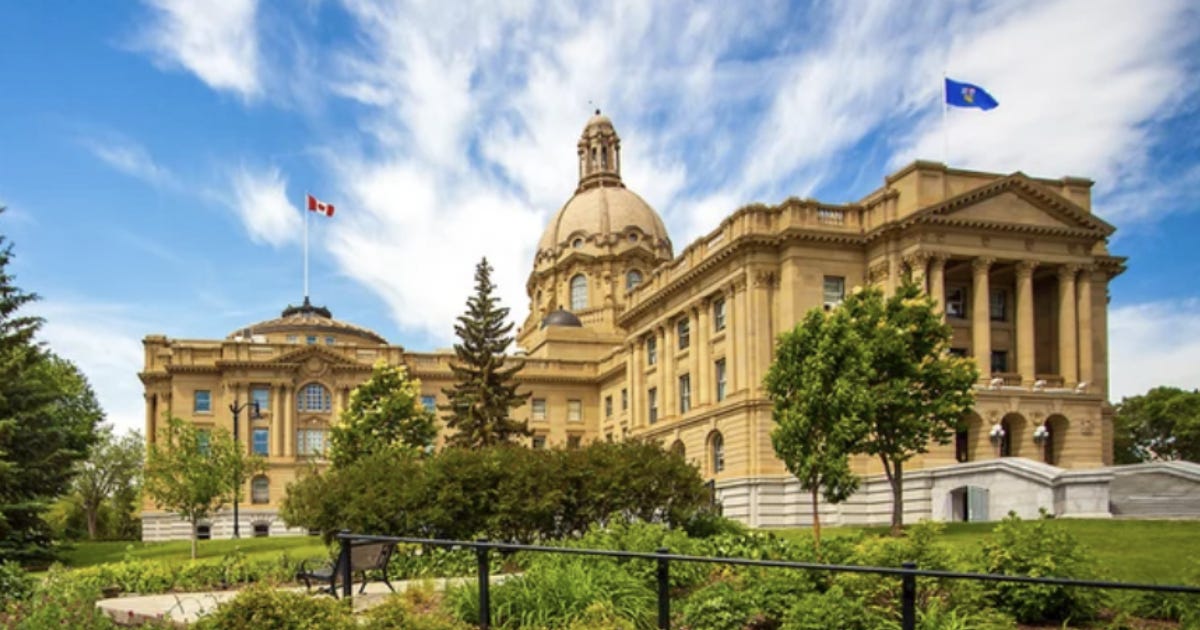Think tank urges Alberta to boost charter school independence
An economic think tank is calling on Alberta to increase its residents’ access to charter schools, as well as granting the institutions themselves more independence in their operations.
Author: Quinn Patrick
An economic think tank is calling on Alberta to increase its residents’ access to charter schools, as well as granting the institutions themselves more independence in their operations.
Alberta is currently the only province that permits charter schools, which are publicly funded but operate independently from school boards.
The province first legalized charter schools in 1994 and they’ve proven to be a success thus far.
According to Provincial Achievement Test results, charter school students in both grades six and nine outperformed all other school types in the province on average.
The Montreal Economic Institute published a study last week calling on the Alberta government to accelerate students’ access to charter schools to meet the growing demand.
The institute believes certain changes to legislation could increase grade performance and parental satisfaction.
“Alberta is the only Canadian province to allow charter schools, which form an integral part of its pluralistic, market-driven education system,” said co-author of the report and MEI economist Emmanuelle B. Faubert. “Charter schools consistently deliver strong academic results and high levels of community satisfaction.”
The schools are designed to meet the specific needs not found in traditional public schools.
Those needs vary from teaching at-risk youth and children with special needs to offering specialized curricula in Science, Technology, Engineering, and Mathematics or providing unique sports programs.
Enrollment in charter schools across the province grew by 55.3 per cent between 2019-2020 and 2024-25, compared to the only 8.8 per cent increase seen in public schools.
The major increase in student enrollment has left Alberta’s charter schools struggling to maintain the demand, which currently exceeds the available spaces.
The majority of the province’s charter schools are now backlogged with waitlists.
“The principle of choice requires real access, not just a spot on a waitlist,” said Faubert.
A total of 20,585 students were on waitlists for the 2023-2024 school year for just three of Alberta’s then 19 operating charter schools.
Those three schools—Foundations for the Future Charter Academy, Alberta Classical Academy, and Aurora Academic Charter School—have a combined total enrollment capacity of 5,717.
Data for Alberta’s remaining 16 charter schools has yet to be tallied.
Most charter schools dealing with waitlists rely on lottery-based admissions because they lack the resources to provide educational choice.
The MEI is recommending that charter schools begin offering more transparent waitlist reporting to measure and respond to true demand.
The institute also recommends that these schools be permitted to own and operate their own facilities, as well as be allowed to finance facility purchases through debt.
“The more responsive that educational institutions are to the needs of their communities, the better served Alberta families will be,” said Faubert. “By measuring those needs accurately and liberalizing how charter schools can operate, we will be doing our very best to ensure the success and flourishing of future generations.”
While recent legislative reforms have aimed to streamline the charter school approval process and support their expansion, the province also faces new challenges, such as the government’s centralization of school facilities in 2024 and 2025.
“This introduces not only new hurdles to overcome, but also the risk of politicization and the potential for bureaucratic inefficiency,” reads the study.“This step away from the free market should be reconsidered, with a view to increasing charter schools’ access to capital. Instead of centralized ownership, charter schools should be allowed to make major financial decisions.”





